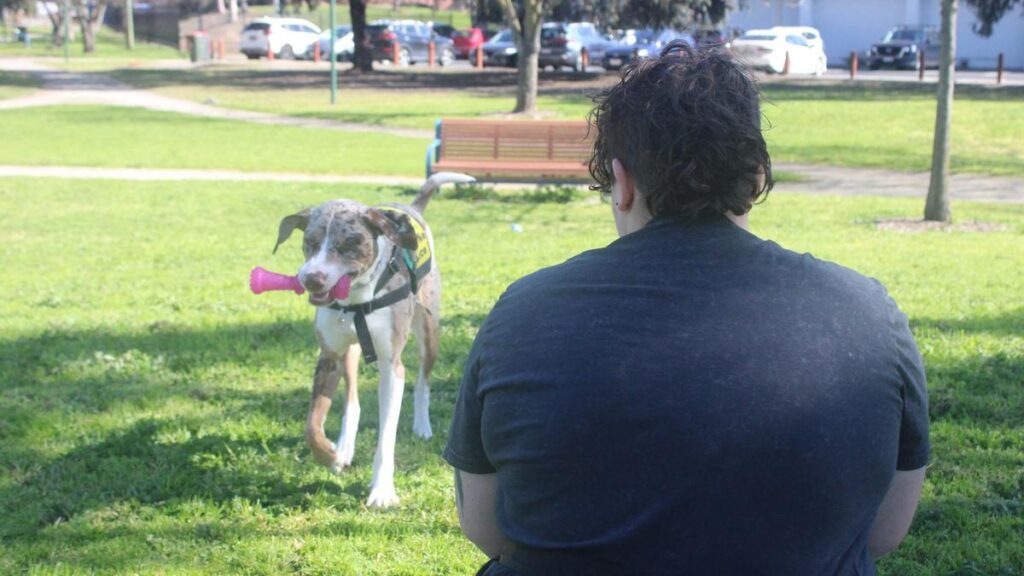
BREAKING: New data reveals an alarming crisis affecting Australia’s youth, with three-quarters of homeless children aged 12-17 remaining without stable housing after receiving crisis support. In the 2023/24 financial year, over 13,300 unaccompanied minors sought help, highlighting a dire situation that demands immediate attention from national leaders.
The research, conducted by the Australian Institute of Health and Welfare, shows that out of these vulnerable youths, 2,443 were aged 12-14, with 63 percent identifying as female. Shockingly, 77 percent of those who started their support journey still found themselves homeless once the assistance ended. This urgent crisis has prompted calls for systemic change from advocacy groups.
Kate Colvin, CEO of Homelessness Australia, stated, “It’s unthinkable that children are homeless and alone, and services don’t have the resources to meet their needs. This has to be a wake-up call for our nation’s leaders.”
Among those affected is Arlo, who faced homelessness from the age of nine due to a violent family environment. Arlo recalls, “I shared a dog bed with a really sweet rescue named Max for almost three weeks when I was 15.” Their story illustrates the devastating impact of homelessness on young lives. “I never slept through the night because I never knew who was around,” Arlo explained, emphasizing the psychological toll of instability.
The grim data also indicates that more than 500 young people have tragically died after engaging with homelessness services over the past decade. Catherine Robinson, a social justice expert at the University of Tasmania, pointed out, “Children who are homeless and alone have for too long been invisible in homelessness systems designed for older young people or adults.” This urgent situation calls for immediate action and a national strategy to protect these vulnerable youths.
The lack of dedicated housing options for adolescents is exacerbated by competition with adults for available homes. Shorna Moore from Melbourne City Mission stated, “Teenage children simply can’t compete with adults for available homes.” This leaves many young people trapped in homelessness and despair.
In response to this growing crisis, Tanya Plibersek, the Social Services Minister, recently announced a 25 percent increase in food relief and financial wellbeing grants, amounting to $460 million over five years. However, critics argue that this funding primarily addresses immediate needs rather than the long-term support required for unaccompanied minors.
Arlo advocates for a dedicated response to youth homelessness: “Unaccompanied children need more intensive support than adults.” They criticize the current service system, saying it fails to adequately support those with complex needs.
With these distressing figures now in the spotlight, the call for a national action plan to provide better support for unaccompanied children is more urgent than ever. As the data makes clear, the future of thousands of young Australians hangs in the balance.
Urgent reforms are needed to address the inadequacies in the current system, ensuring that vulnerable children receive the support they desperately need. This is a pivotal moment that demands action from all levels of government and society. The time for change is now.






